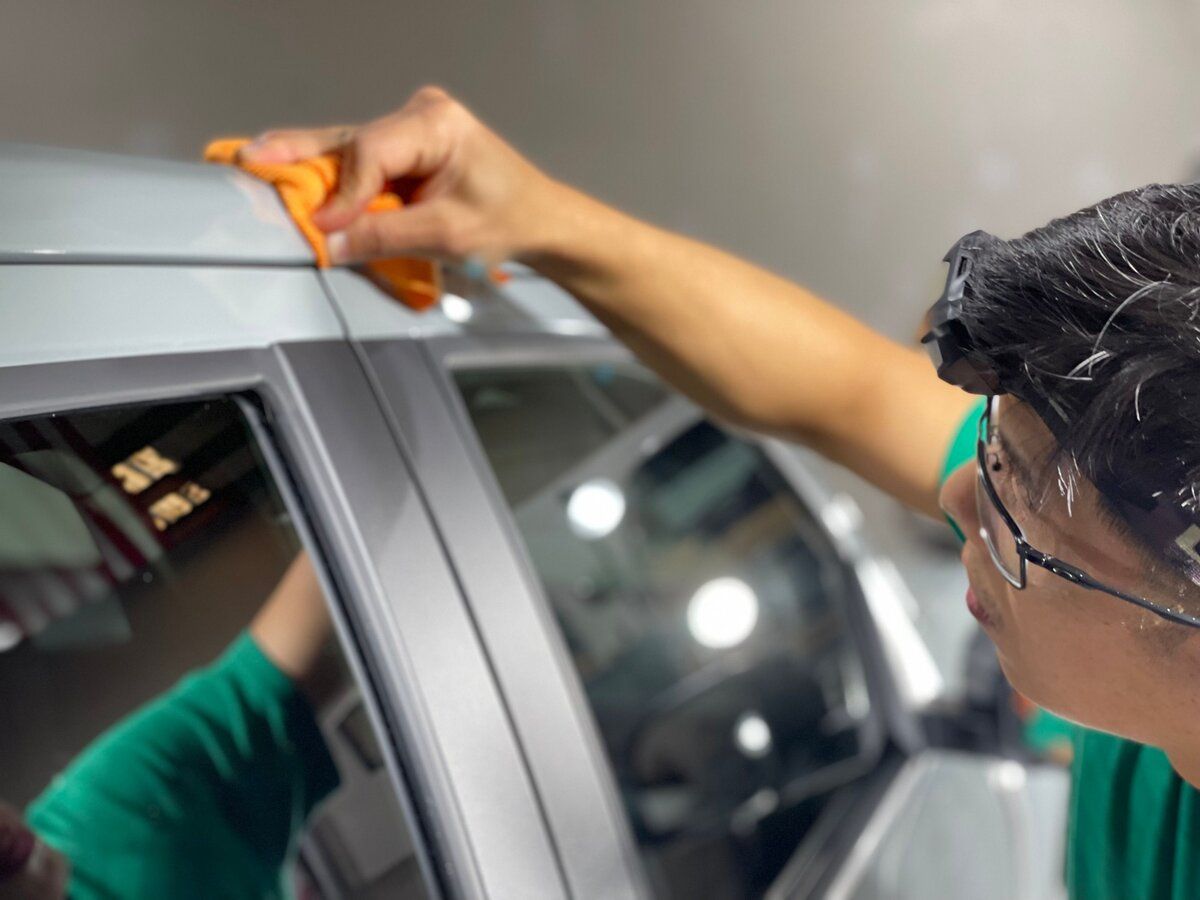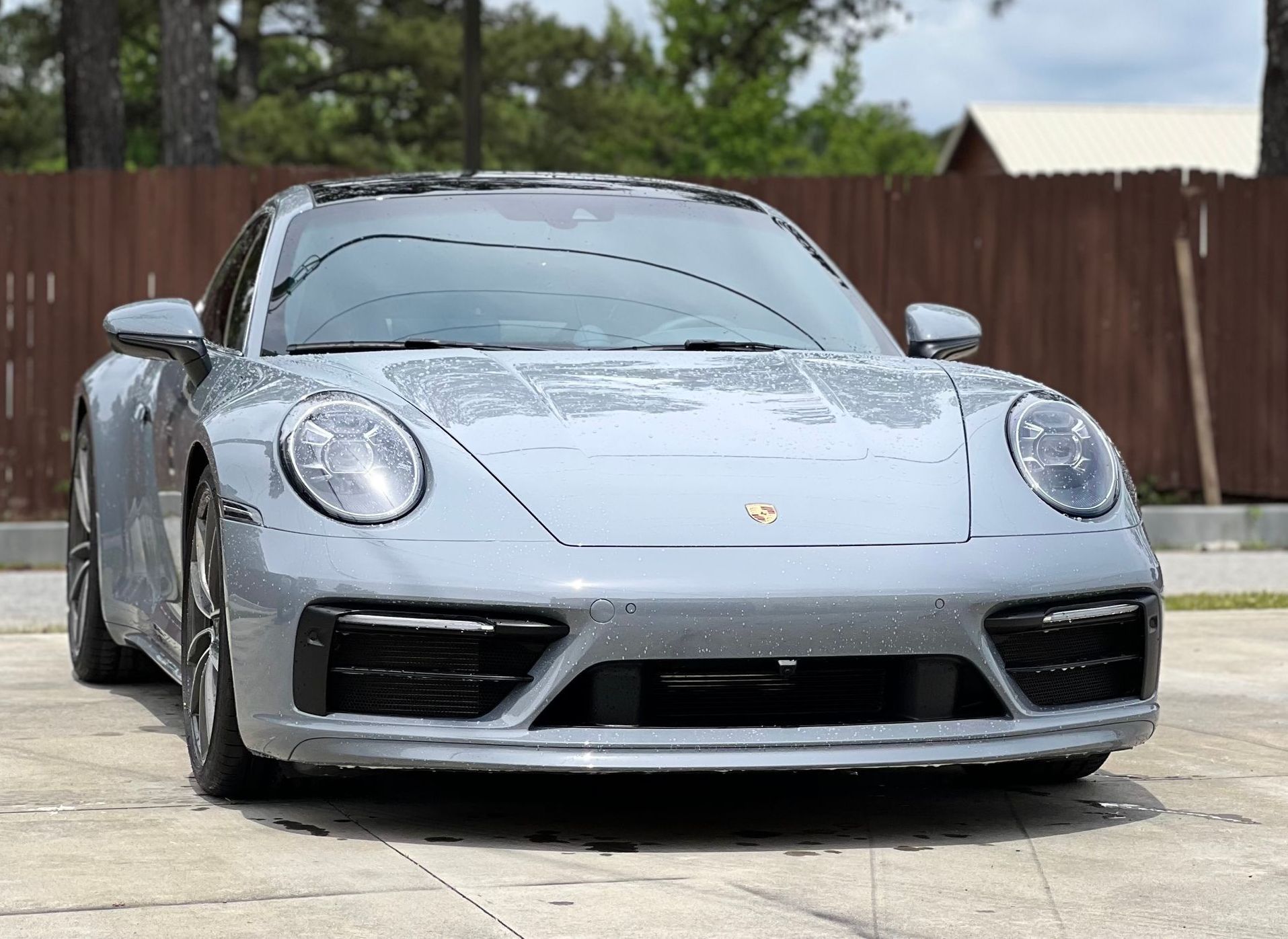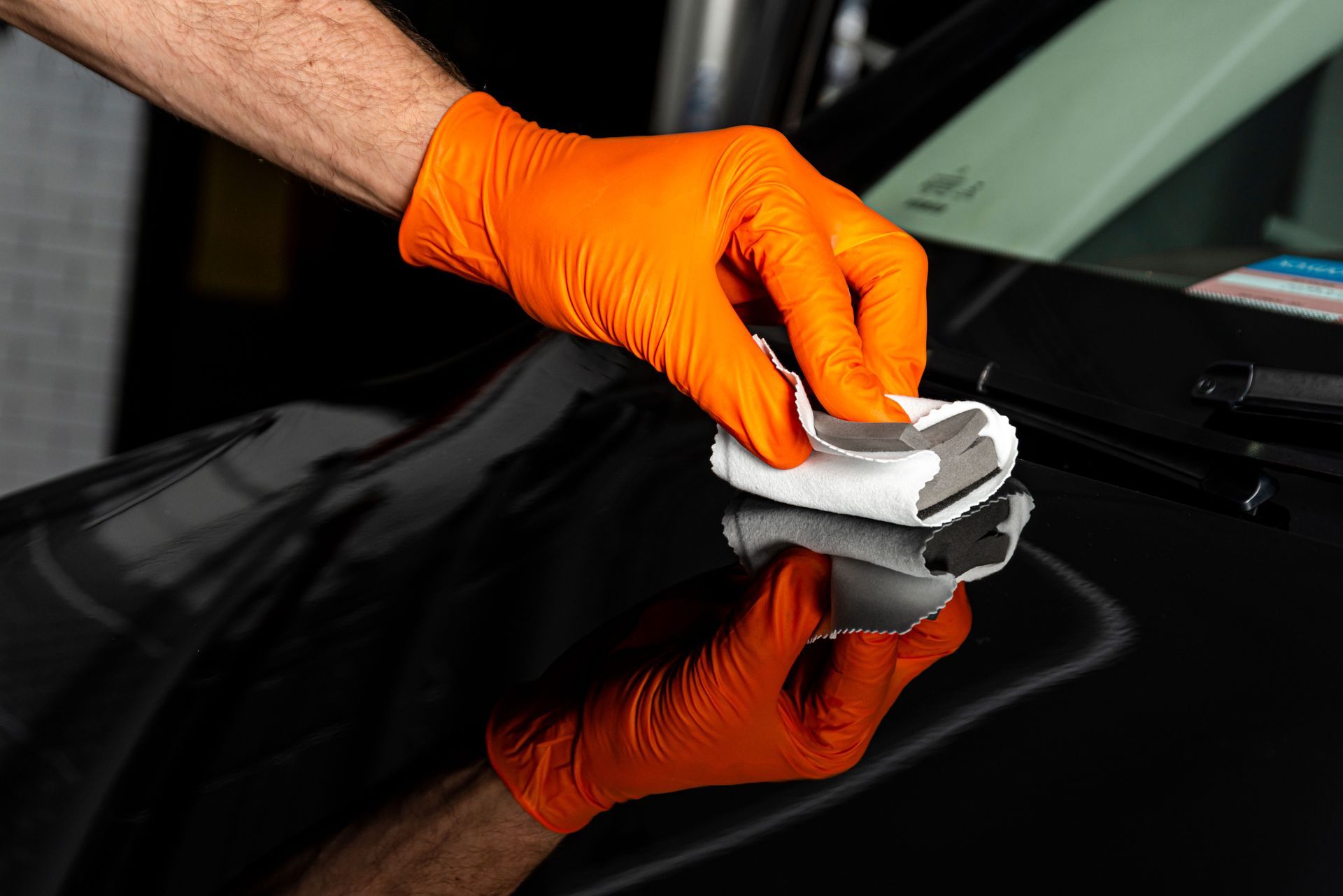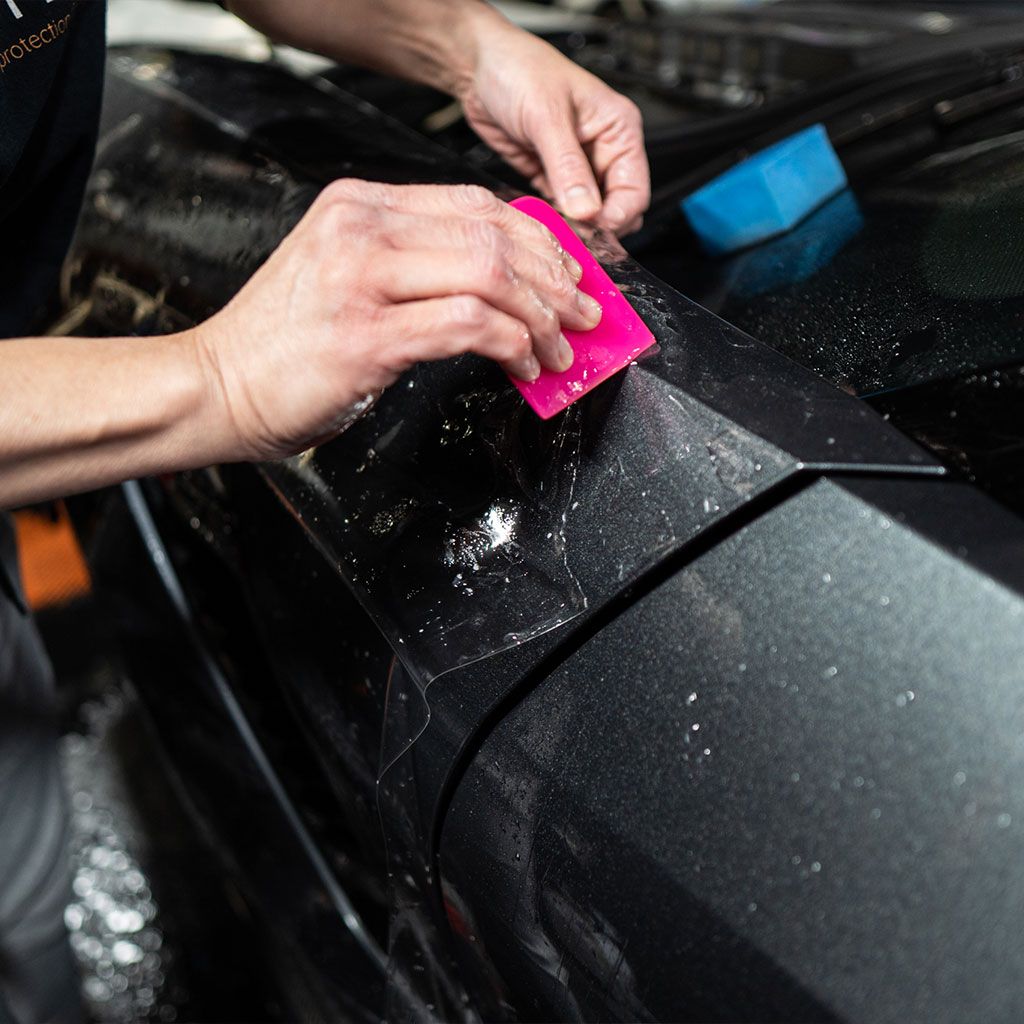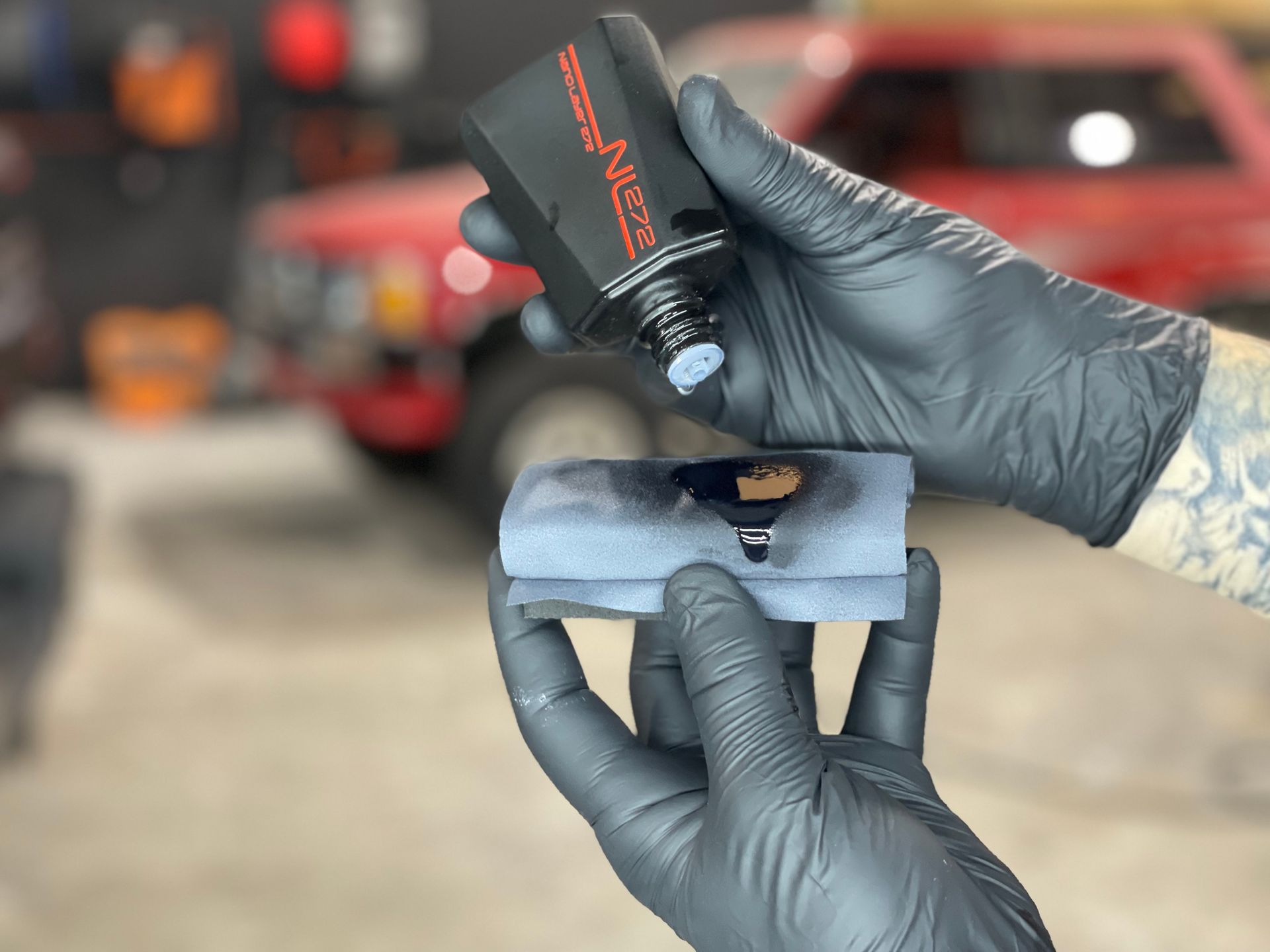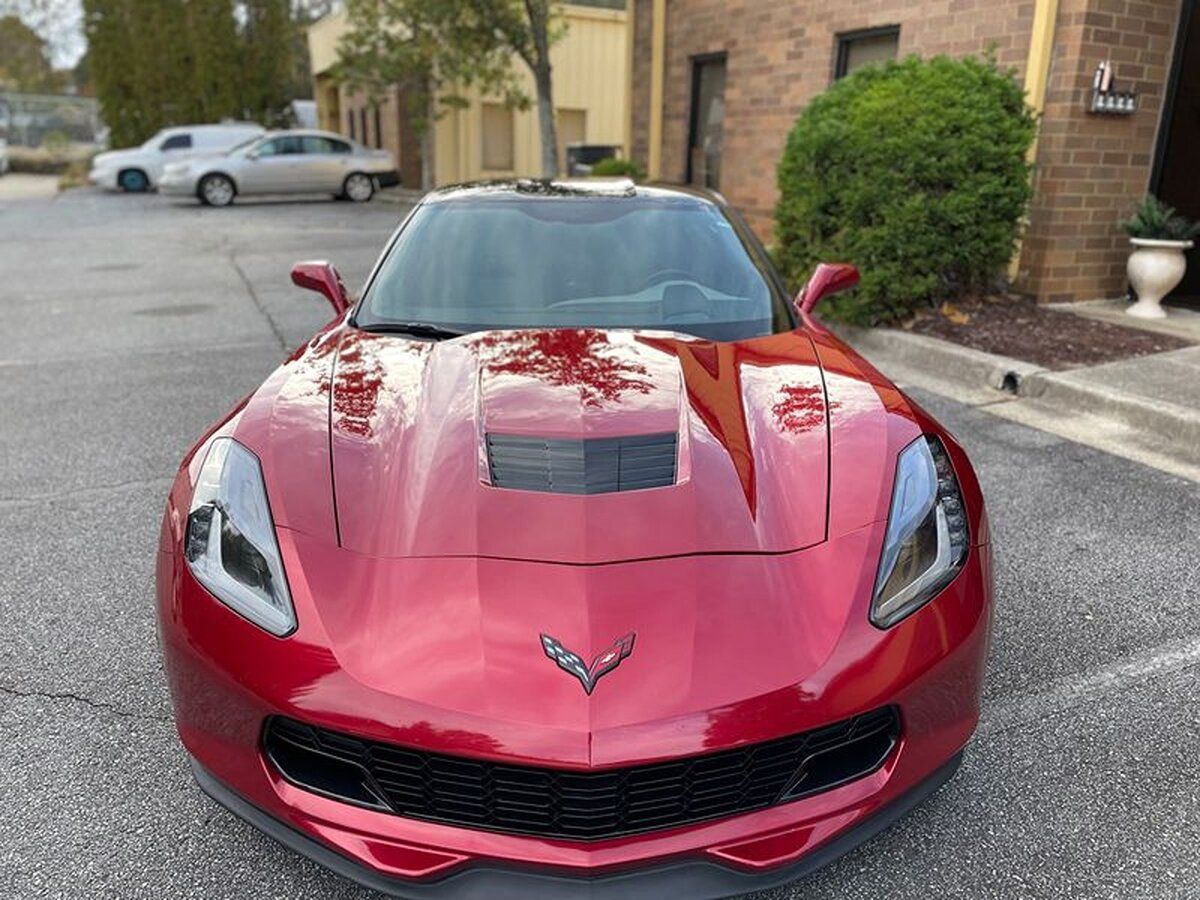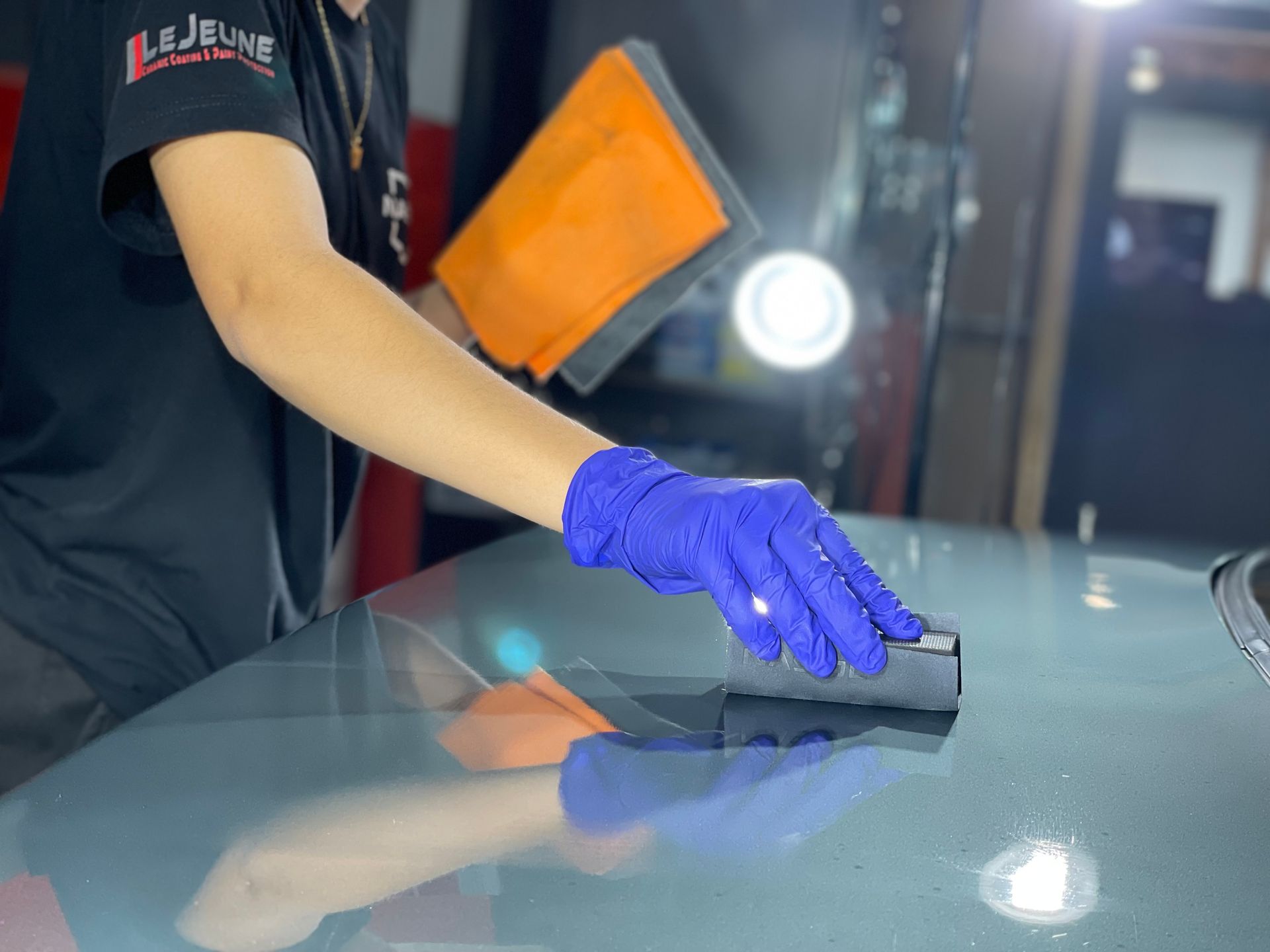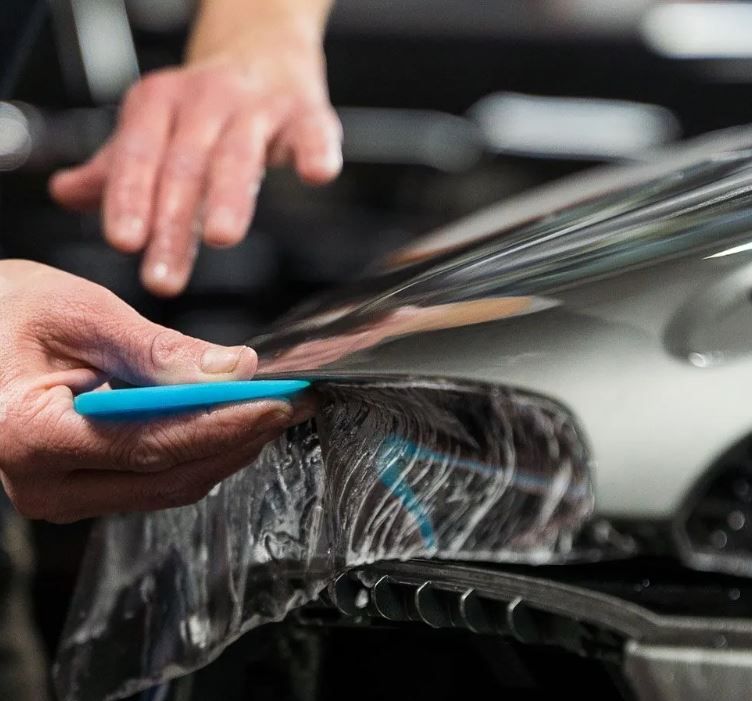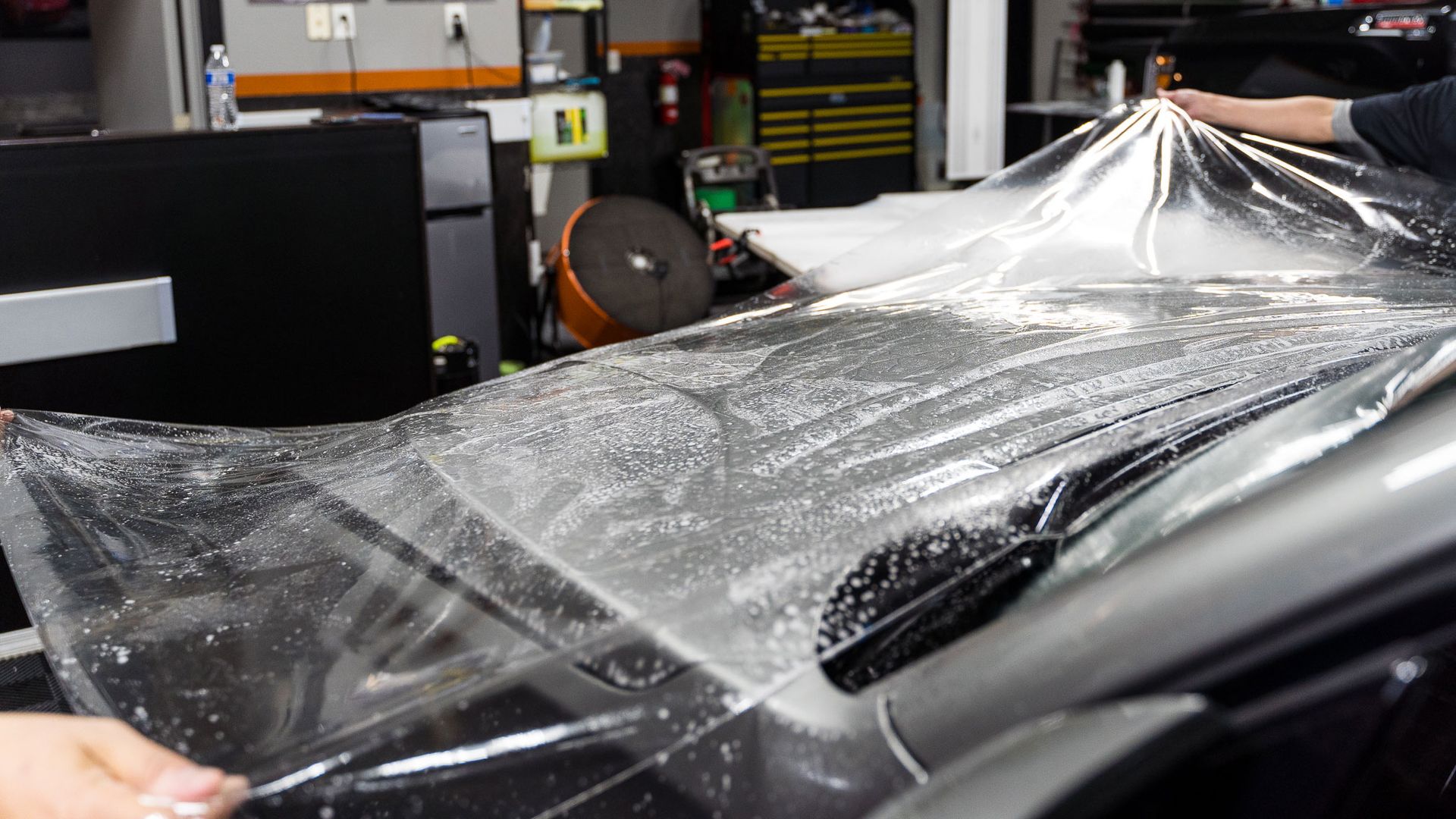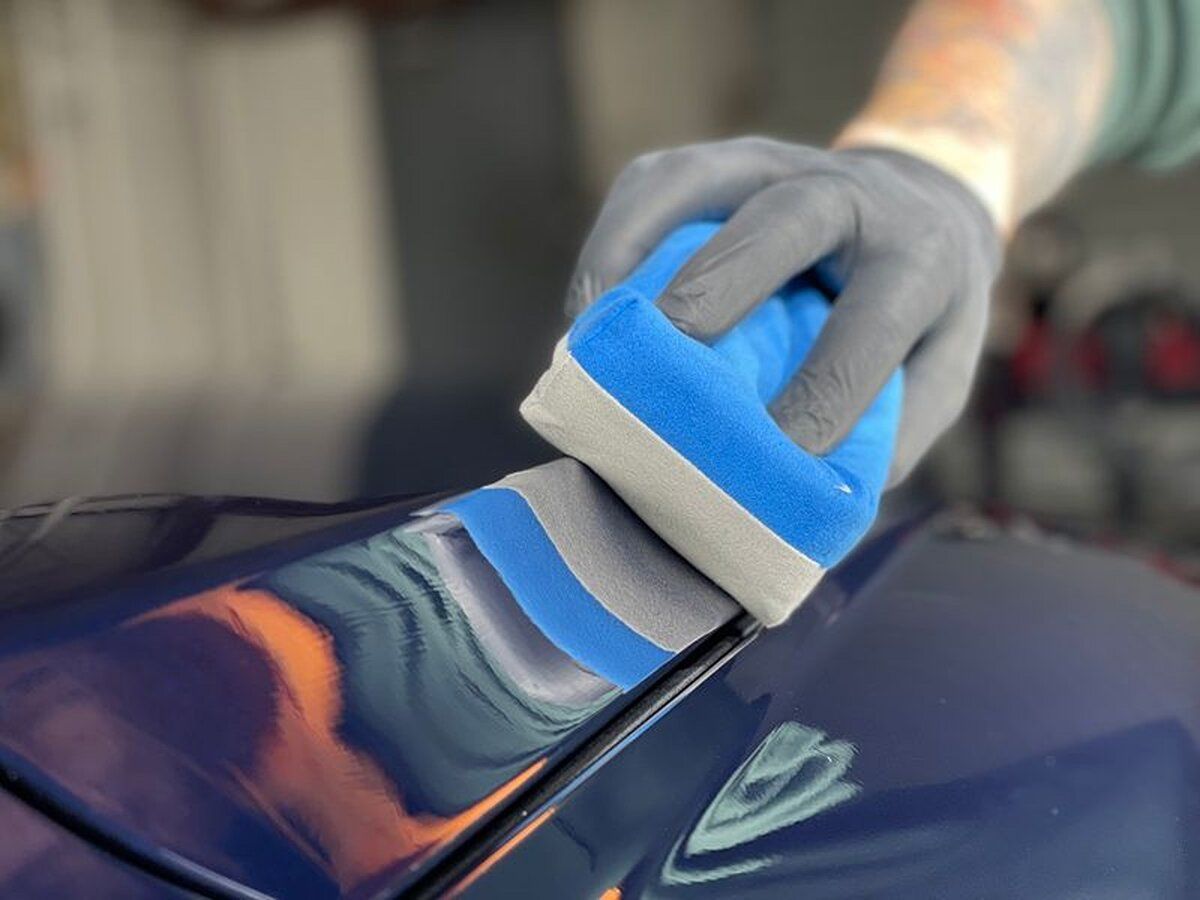Weighing the Pros and Cons of Paint Protection Film Application
GET A QUOTECALL (770) 722-3486
As car enthusiasts and owners, we take pride in the sleek, flawless appearance of our vehicles. The desire to keep that showroom shine intact has given rise to various protective measures, with paint protection film (PPF) emerging as a popular choice. In this blog, we'll embark on a journey to uncover the pros and cons of PPF applications, helping you make an informed decision about whether this transparent shield is the right choice for preserving your car's exterior.
Unraveling Paint Protection Film Application
Paint protection film (PPF) has gained immense popularity in recent years as a method to safeguard a vehicle's paintwork from various forms of damage. But what exactly is involved in the application of PPF? Let’s unravel the process.
The application of PPF involves meticulous attention to detail and precision. Most professional installers start by thoroughly cleaning and preparing the vehicle's exterior surface. This ensures that there are no contaminants or imperfections that could affect the adhesion of the film. The installer will then carefully measure and cut the PPF sheets to fit each specific panel of the vehicle, making sure to account for curves, contours, and edges.
Next comes the installation itself. The installer will apply a solution that allows them to position the PPF on the surface without it adhering permanently right away. This provides them with the flexibility to adjust and ensure proper alignment. Once satisfied with the positioning, they will use squeegees and heat guns to smooth out any wrinkles or air bubbles, ensuring a seamless and flawless appearance.
It's important to note that proper installation requires expertise and precision, as any imperfections during this process can affect both the look and functionality of the protective film. That's why it's recommended to have PPF applied by certified professionals who have experience handling different types of vehicles.
Mechanism of Paint Protection Film
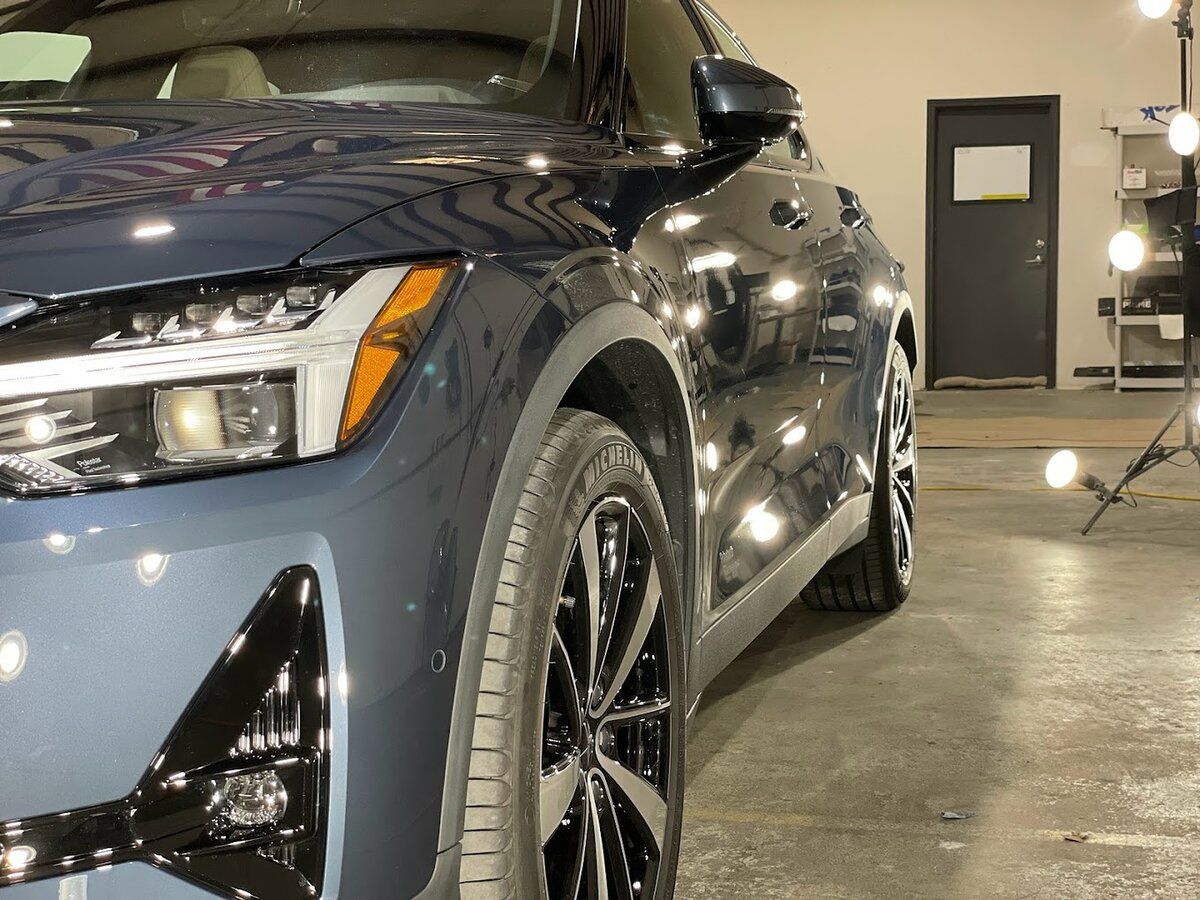
At its core, paint protection film (PPF) consists of multiple layers designed to shield your vehicle's paint from various forms of damage. The film is typically made from a thermoplastic urethane material known for its durability and self-healing properties.
The top layer of PPF possesses excellent resistance against scratches, rock chips, road debris, and other environmental hazards. It acts as a sacrificial barrier, absorbing the impact of these external forces instead of the vehicle's paintwork. This means that the PPF takes the hit, leaving the paint unscathed underneath.
Furthermore, the self-healing properties of PPF play a crucial role in maintaining its pristine appearance over time. The film has the ability to automatically eliminate minor scratches and swirl marks when exposed to heat, such as from direct sunlight or warm water. This unique characteristic ensures that the protective film maintains its clarity and glossiness, offering long-lasting visual appeal.
In addition to physical protection, PPF also provides a defense against harmful UV rays that can cause paint color to fade and damage over time. The film acts as a shield against these rays, preserving the color and integrity of your vehicle's paintwork.
With its multiple layers and self-healing properties, paint protection film acts as an effective barrier against various forms of damage while maintaining the beauty and integrity of your vehicle's paintwork.
Pros of Paint Protection Film: Why Apply?
Paint protection film (PPF) has become increasingly popular among car owners due to its numerous benefits. Let's explore some of the key advantages that make applying for PPF worthwhile.
- Paint protection film provides an extra layer of defense against various environmental hazards. Everyday elements such as rocks, gravel, and road debris can cause unsightly chips, scratches, and dings on your vehicle's paintwork. With PPF installed, these hazards are significantly minimized, as the film acts as a sacrificial barrier, absorbing the impact and preserving the original paint underneath.
- PPF is highly resistant to staining and discoloration, allowing your vehicle to maintain its pristine appearance over time. It repels dirt, dust, and other contaminants, making it easier to clean and reducing the frequency of extensive detailing sessions.
- PPF also provides protection against harmful UV rays. Prolonged sun exposure can fade and oxidize a vehicle's paint job, resulting in a lackluster appearance. By installing PPF, you can safeguard your investment and preserve its vibrant color for longer periods.
- Paint protection film offers excellent self-healing properties. Minor scratches and swirl marks often occur during regular use or maintenance procedures. However, with PPF in place, these imperfections can be automatically repaired through heat or sunlight. The film's elastomeric properties allow it to bounce back to its original form, leaving no trace of any surface defects.
- Applying paint protection film can enhance the resale value of your vehicle. By keeping your car’s exterior in pristine condition throughout its ownership, potential buyers will be more enticed by its well-maintained appearance. This can lead to higher resale prices and a smoother selling process when the time comes.
Discerning the Flip Side: Cons of Paint Protection Film
While there are numerous advantages to utilizing paint protection film (PPF), it is important to understand and evaluate its potential drawbacks before moving forward with the application. By discerning the flip side, you can make an informed decision that aligns with your specific needs and circumstances.
One common concern is the upfront cost associated with PPF installation. Compared to other forms of paint protection, such as waxing or sealants, the initial expense for purchasing and applying PPF can be higher. It is crucial to consider your budget and weigh this cost against the long-term benefits mentioned earlier.
Another consideration is the installation process and skills required. Applying PPF requires precision and expertise to ensure a smooth, seamless finish without any visible imperfections or bubbles. While professional installers have the necessary experience and tools to achieve optimal results, improper application could lead to dissatisfaction with the appearance or performance of the film.
Lastly, it's worth mentioning the potential impact on aesthetics. Although modern PPF products aim to maintain the original appearance of the vehicle without affecting its aesthetics, some individuals may notice slight differences in texture or shine between the protected and unprotected areas. While these variations are often subtle and not easily noticeable, it's important to have realistic expectations and discuss any concerns with your installer beforehand.
On one hand, the financial benefits and protection offered by PPF make it an attractive option for preserving your vehicle's resale value and appearance. On the other hand, factors such as upfront cost, installation process, and potential aesthetic changes should be taken into account when considering PPF.
Factors to Consider When Choosing This Application
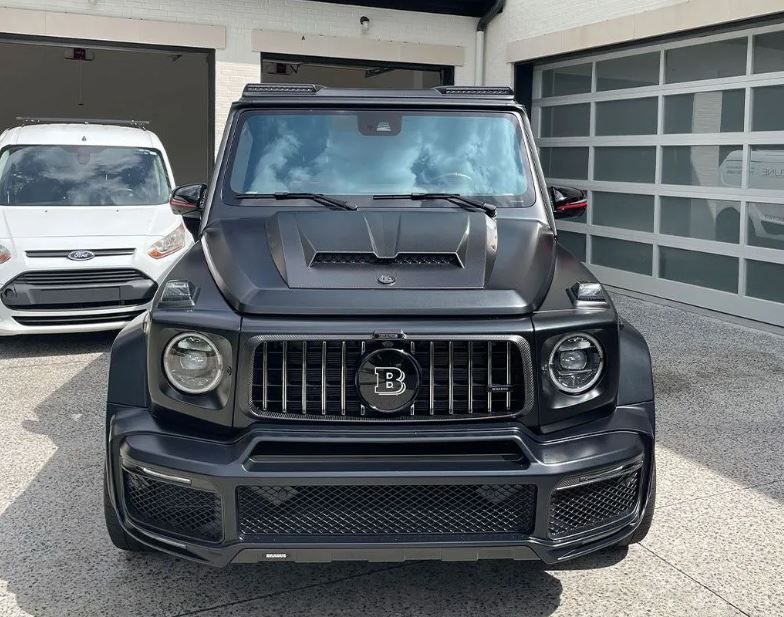
When deciding whether to invest in a paint protection film (PPF) application for your vehicle, several factors should be carefully considered. By weighing these factors, you can make an informed decision that aligns with your goals and the vehicle's needs.
- Consider the level of protection you desire for your vehicle's paintwork. Paint protection film provides a robust shield against common hazards such as rock chips, road debris, bug splatters, and scratches. If you frequently drive on rough roads or highways prone to gravel and debris, PPF can be highly beneficial in preserving your car's appearance and minimizing the risk of damage.
- Take into account the condition of your vehicle's current paintwork. If your car already has extensive scratches, swirl marks, or imperfections, it may be worth considering a paint correction treatment before applying PPF. Correcting the paintwork ensures a smooth surface for optimal adhesion and enhances the overall aesthetic outcome.
- Another aspect to consider is your budget. PPF application does come at a cost, and the price can vary based on factors such as the size of your vehicle, the coverage area desired, and the specific brand of film chosen. It is crucial to find a balance between cost and quality to ensure you are getting the best value for your investment.
- Evaluate the expected lifespan of the PPF. Different brands and types of films offer varying durability and longevity. Some films may have warranties ranging from 5 years to a lifetime guarantee against yellowing, staining, or peeling. Understanding the lifespan of the film can help you gauge its cost-effectiveness over time.
- Consider your long-term plans for the vehicle. If you intend to keep your car for many years and want to maintain its resale value or showroom finish, investing in PPF can be a wise decision. On the other hand, if you plan to sell or trade in your vehicle relatively soon, you may want to weigh the cost of PPF against the potential increase in resale value.
It is important to note that every vehicle owner's needs and priorities are unique. By considering these factors, you can evaluate whether the application of paint protection film aligns with your specific circumstances and preferences.
Tailoring Applications: Different Strokes for Different Vehicle Types
Just as different strokes create different results in an artist's painting, different vehicle types require tailored approaches when it comes to paint protection film application. Each vehicle has its own distinct characteristics, body shapes, and vulnerable areas that require specific attention.
For example, sports cars and luxury vehicles often have lower ground clearance and aerodynamically designed bodywork. This means that their front bumper, side skirts, and rear fenders are more susceptible to damage from curbs, speed bumps, and debris. Paying extra attention to protect these high-risk areas is crucial for maintaining the car's pristine appearance.
Similarly, SUVs, trucks, and off-road vehicles may have a higher center of gravity and find themselves navigating rough terrain or gravel roads regularly. In these cases, it becomes essential to focus on applying paint protection film to vulnerable areas such as the front grille, hood, fenders, side steps, and rear bumpers.
Even within specific vehicle types, there can be variations that call for tailored applications. Convertible cars, for instance, have soft-top roofs that require specialized care during PPF installation. Attention must be given to ensuring that the film seamlessly integrates with the roof's fabric without compromising its functionality or aesthetics.
When it comes to matte or satin finishes, a unique approach is necessary due to their delicate nature. Dr. Beasley's Matte Nano-Resin Coatings are specifically designed for matte finishes and provide both protection against scratches and a unique matte appearance. It is crucial to consult with professionals who are experienced in working with matte finishes to ensure a flawless PPF application.
By understanding the distinctive needs and vulnerabilities associated with different vehicle types, you can work closely with professional installers to tailor your PPF application accordingly. Their expertise and attention to detail will ensure that every aspect of your vehicle receives the appropriate level of protection.
Why choose LeJeune Ceramic Coating & Paint Protection?
LeJeune Ceramic Coating & Paint Protection stands at the forefront of automotive preservation, offering a suite of services that go beyond aesthetics. As a trusted expert in paint protection film (PPF), we bring unparalleled expertise, cutting-edge technology, and a commitment to excellence. Our
PPF solutions
are engineered to be virtually invisible, preserving the original color and aesthetics of your vehicle. Enjoy the clarity of your car's finish while benefiting from an invisible armor that keeps it looking as pristine as the day it left the showroom. Book now!
